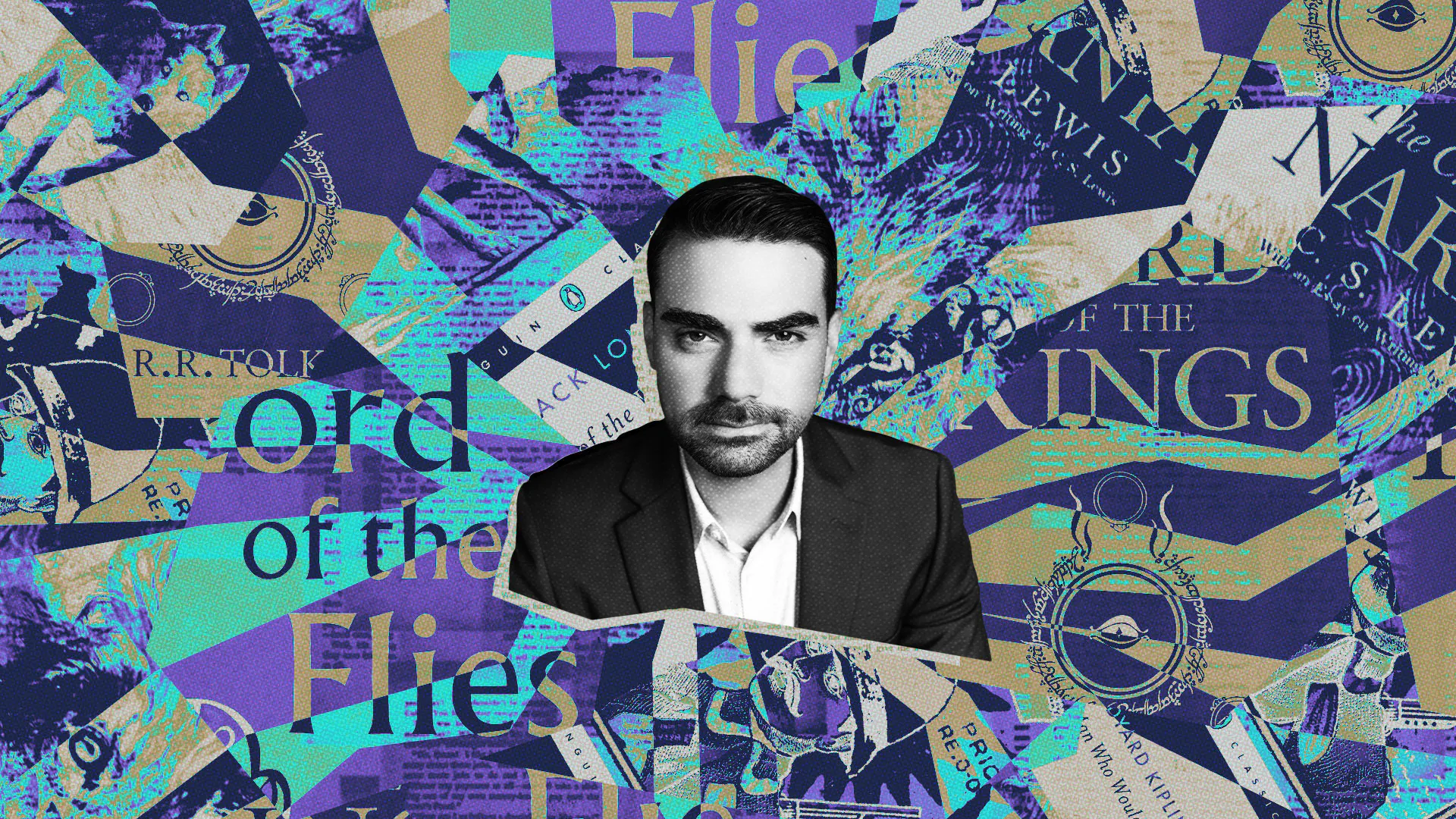It’s tough to get boys to read.
I’m an exception to that rule – I’ve read incessantly since childhood. But I see that my son won’t sit still long enough to read: he’d prefer to build things or run around or bother his sisters. Which means that if you want boys to read, you have to give them material that excites them, that fascinates them, that rivets them.
With that in mind, here are 11 books all boys should read.
The Three Musketeers, by Alexander Dumas
The book’s simply a swashbuckling classic – juicy and fun and exciting. The story of D’Artagnan and his companions Athos, Porthos, and Aramis gallivanting around pre-revolutionary France, attempting to navigate the dangerous worlds of international and domestic politics, is simply un-put-downable – and unlike a lot of older literature, it’s eminently readable. A great film version of the book was split into two movies, The Three Musketeers (1973) and The Four Musketeers (1974), with Michael York, Oliver Reed, Frank Finlay, Richard Chamberlain, Raquelle Welch, Faye Dunaway, and Charlton Heston, among others. Appropriate for ages 12 and up, depending on the translation.
Shane, by Jack Schaeffer
The Western is an all-American art form, and Shane is the highest literary version of that form. The novel is nearly forgotten because the movie is a classic, but that shouldn’t be: it is beautifully written, spare, and a throwback to a time when heroes were expected to be heroic.
20,000 Leagues Under The Sea, by Jules Verne
If you want to cultivate a taste for learning in your boy, give him some Jules Verne. Verne lives somewhere between Robert Louis Stevenson and Isaac Asimov, bridging the gap between pure adventure yarn and early science fiction. Filled with imagination, purely readable, and grounded in the kinds of questions your kids love asking about the natural world, Verne’s work is great both in itself and as a stepping stone to further reading.
The Man Who Would Be King, by Rudyard Kipling
Kipling is for your teenage boy, if your teenage boy is looking for rip-roaring adventure and a solid dose of British stiff-upper-lip civilizational pride. Kipling can’t be bested for either. This book, simultaneously hilarious and stirring, follows two British soldiers, part-time mountebanks, who decide to become kings of Kafiristan. So they simply pack up some rifles, and head across the mountains to fulfill their destinies. Another book that became a great movie, with Sean Connery, Michael Caine, and Christopher Plummer.
Sherlock Holmes, by Sir Arthur Conan Doyle
There’s no beating the original Sherlock Holmes. Often imitated but never duplicated, Doyle’s Holmes is a masterful creation of British Victorian mystery – a drug-addicted sophisticate, always one step ahead, engaged in battles of wits with a variety of villains. There’s a reason the character has become a perennial, and why the old wine has been poured into such a wide variety of new bottles, from House to Sherlock to Elementary.
Treasure Island, by Robert Louis Stevenson
The story of a young boy coming of age while living through a piratical adventure is perfect for kids – exciting reading, filled with mystery and murder and treasure. It’s everything you like about Pirates of the Caribbean, without the ghosts. And Long John Silver is a character for the ages.
The Call of the Wild, by Jack London
No one beats Jack London for pure excitement. The Call of the Wild, the story of a domestic dog kidnapped and shipped up to Alaska to aid in sled-dogging, is a sort of animal coming-of-age story, although London takes care not to anthropomorphize Buck, the dog at the center of the story, constantly noting that he’s a creature of habit and instinct. The story is also a reminder that cruel nature lurks behind every façade of civilization.
Lord of the Rings, by JRR Tolkien
Tolkein’s grand world is a playground for boys. It’s tough sledding – Tom Bombadil isn’t exactly a barrel of excitement – but a world of good and evil in which choices matter, and in which consequences are borne for actions, is a world that every boy should explore. Tolkein fills his world with civilizational references, but kids don’t have to get them all to be immersed in the adventure.
The Chronicles of Narnia, by CS Lewis
CS Lewis recognized that instilling values in children required telling them stories that matter. He once wrote, “Since it is so likely that they will meet cruel enemies, let them at least have heard of brave knights and heroic courage. Otherwise, you are making their destiny not brighter but darker.” The Chronicles of Narnia is one of those stories, and it stands the test of time.
The Once and Future King, by TH White
This is simply the best work of fantasy ever written. The first half of the book, which details King Arthur’s upbringing and explores the various views of civilizational development with reference to the animal world (ants are fascist, for example), is followed by a far richer and more moving second half, which details Arthur’s attempts to build the Round Table, the forbidden love between Guinevere and Lancelot – who here emerges as a symbol of human vulnerability – and the dangerous tragedy of jealousy.
Lord of the Flies, by William Golding
Golding’s novel follows a group of boys stranded on an island, forced to find a way to survive – and about the breakdown of civilizational norms when morality gives way to base natural instinct. Chilling and fascinating and a great reminder that children without civilizing influences aren’t naturally good.
The views expressed in this opinion piece are the author’s own and do not necessarily represent those of The Daily Wire.

Continue reading this exclusive article and join the conversation, plus watch free videos on DW+
Already a member?

.png)
.png)

